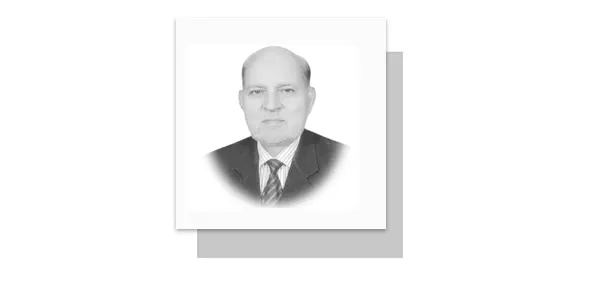AS per the Council on Foreign Relations, the G20, or Group of 20, is an intergovernmental forum consisting of nineteen countries with some of the world’s largest economies, along with the European Union (EU). The member countries include Argentina, Australia, Brazil, Canada, China, France, Germany, India, Indonesia, Italy, Japan, Mexico, Russia, Saudi Arabia, South Korea, Turkey, the United Kingdom (UK), and the United States. South Africa became the 21st member during the G-20 Summit in 2023. The African Union (AU) was granted membership. Established in 1999 after the Asian financial crisis, the G20 aimed to unite finance ministers and central bankers from major economies. With a yearly rotating presidency and consensus-based decisions, the G20 expanded a decade later, amid the global economic crisis, to include heads of state and government attending annual summits.
As per the Australian Government Foreign Office website, the premier forum for international economic cooperation, the Group of Twenty (G20) plays a critical role in steering the global economy through the significant challenges it faces. The G20 brings together the world’s major and systemically important economies. Its members represent 85% of global GDP, 75% of international trade and two-thirds of the world’s population. The G-20 met at the Leaders’ level for the first time in November 2008 in Washington, D.C., at the peak of the global financial crisis. As per the OECD website, the G-20 leaders set out a framework for preventing future financial crises, while securing sustainable and balanced global growth and reforming the architecture of global economic governance. They agreed on closer macroeconomic co-operation to restore growth and avoid negative spillovers. Although the G20 is mainly a forum for multilateral economic cooperation, with all the major powers/economies being its members, it also discusses the major geopolitical issues. During the 2021 virtual summit held at Rome under Italy’s presidency, the situation in Afghanistan was discussed. At the G-20 summits, in Bali, Indonesia in 2022, and India in 2023, the Ukraine War was discussed and the final declaration at Bali demanded Russia to withdraw from the territory of Ukraine, the New Delhi Declaration stated, “All states must refrain from the threat or use of force to seek territorial acquisition”.
Now, we will discuss Pakistan’s economic/strategic credentials that justify its membership in the G-20 grouping. Pakistan has a large population and is the 5th largest country in the world. In agriculture, it is 4th largest in the world in the production of sugarcane, mango and guava, 5th largest in cotton production, 6th largest in tobacco, dates and onion production, 7th largest in chickpeas production, 8th largest in wheat production, 9th largest in rice production, 13th largest in tomato production, 15th largest in citrus production and 16th largest in maize production.Pakistan has a strong industrial base to expand and enhance production, with cotton textile production and apparel manufacturing, making up about 66% of all export items and employing approximately 40% of the country’s labour force. With its 64 percent young population, Pakistan has a large and talented labour force that stands among the world’s top 10 largest labour forces and is also an asset for its economic progress.
Pakistan is also rich in mineral resources. It has large deposits of gold, copper, chromite, iron, coal, natural gas, crude oil, gypsum, Zink, marble/granite and gemstones. Balochistan has the most mineral deposits among the provinces of Pakistan, with Sindh rich in coal deposits and Khyber Pakhtunkhwa rich in gems. With the exploitation of its mineral resources and the CPEC-supported agriculture and industrial resources/potential, Pakistan’s leadership will soon be able to take the country out of its current economic difficulties and its growth will excel India’s. Militarily, according to Global Fire Power, the Pakistan Army ranks as seventh most powerful army in the world. Pakistan is already the 7th nuclear power in the world. Pakistan is already a major UN peace keeper in the world. Strategically, Pakistan is located at the confluence of South Asia, Central Asia, West Asia and the Middle East. And, from the CPEC-based international trade/connectivity perspective, Pakistan is now much more important for China, the US/its Western allies, Central Asia, Muslim countries, African countries and Russia.
Given the above discussion, it is quite convincing to conclude that Pakistan very well deserves to become a member of the G-20 Group as it economic potential and strategic/military strength are not less than many of the existing members of the G-20 Group. If Pakistan joins the G-20 as a member, it can play an important role in the world’s economic reforms and in maintaining regional/world peace and stability, which are vital for the world’s economic and social well-being. Therefore, it is necessary that Pakistan bid to become a member of the G-20 Group. And it is expected that all members of the G-20 will support Pakistan’s membership, as it has good relations with all except India. And, if India opposes Pakistan’s membership bid, Pakistan’s diplomacy should work well so that other members convince India not to oppose its membership.
—The writer is also a former Research Fellow of IPRI and Senior Research Fellow of SVI, Islamabad
Email: [email protected]
views expressed are writer’s own.










